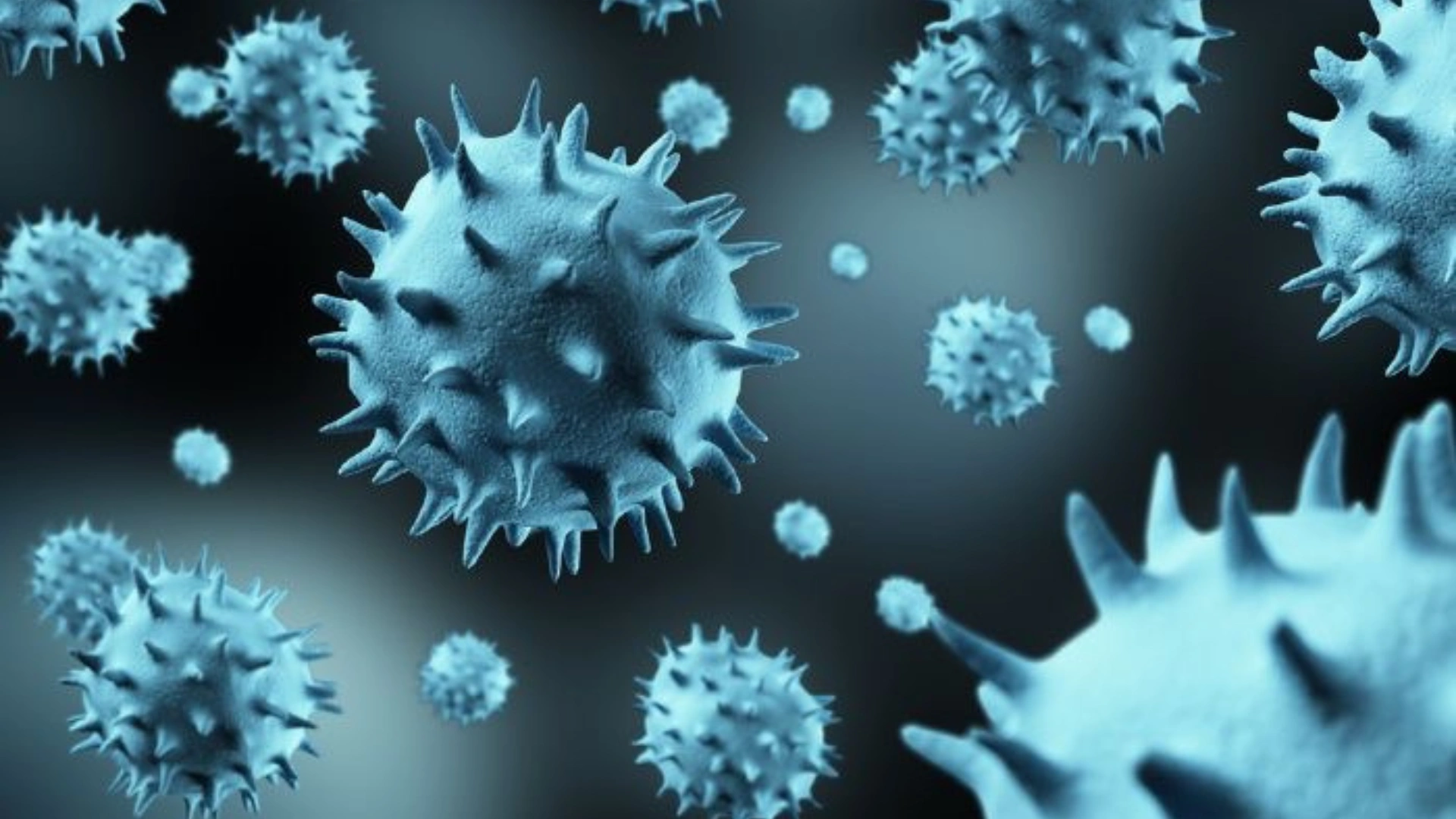A groundbreaking study by NYU Langone Health and the Perlmutter Cancer Center has uncovered key insights into how cancer cells survive in low-glucose environments, which are common within tumors. These findings have important implications for understanding chemotherapy resistance and improving cancer treatment strategies.
Tumor cells often reside in low-glucose environments, which are hostile to normal cell growth. Despite this, cancer cells can survive by adapting their metabolism to these harsh conditions. This study analyzed over 3,000 genes in cancer cells that are related to metabolism and survival under chemotherapy stress. By selectively removing certain genes, researchers found that many key survival genes were connected to the pyrimidine synthesis pathway. This pathway is targeted by common chemotherapy drugs that aim to disrupt DNA and RNA synthesis in cancer cells.
Chemotherapy drugs, such as raltitrexed, PALA, and brequinar, target the pyrimidine synthesis pathway, crucial for producing the building blocks needed for DNA and RNA formation. These drugs disrupt the production of pyrimidines, starving cancer cells and preventing them from dividing. However, the study found that in low-glucose conditions, cancer cells can evade death by slowing down the consumption of uridine nucleotides (which are key for pyrimidine production). This process significantly diminishes the effectiveness of chemotherapy.
MUST READ: Kidney, Liver Transplants Now Allowed Between People With HIV
The research revealed that glucose scarcity in the tumor microenvironment prevents the activation of critical proteins like BAX and BAK, which would otherwise trigger the cell death process (apoptosis) by disintegrating mitochondria. Without the depletion of uridine nucleotides and the failure to activate apoptotic pathways, cancer cells resist chemotherapy-induced death, continuing to grow and proliferate.
Understanding how cancer cells adapt to low-glucose conditions could lead to the development of more effective combination therapies. These therapies could either target the metabolic adaptations of cancer cells or alter the tumor microenvironment to make it more susceptible to chemotherapy. The study’s findings also open the door for diagnostic tests that could predict how individual patients’ cancer cells will respond to treatment, tailoring therapies to improve outcomes.
This study sheds light on the complex relationship between cancer metabolism, low-glucose environments, and chemotherapy resistance. It highlights the need for innovative therapeutic approaches that can overcome these survival mechanisms in cancer cells, offering hope for more effective treatments in the future.
ALSO READ: How Air Pollution Can Bring Lung Cancer Endemic, What We Can Do to Protect Our Lungs




















